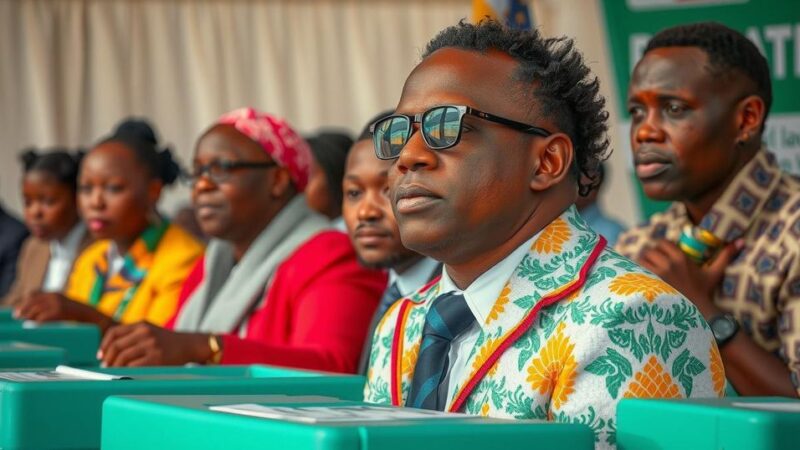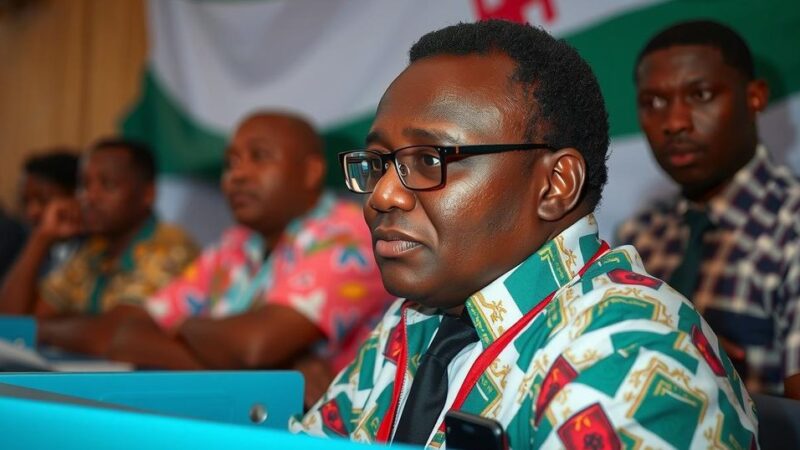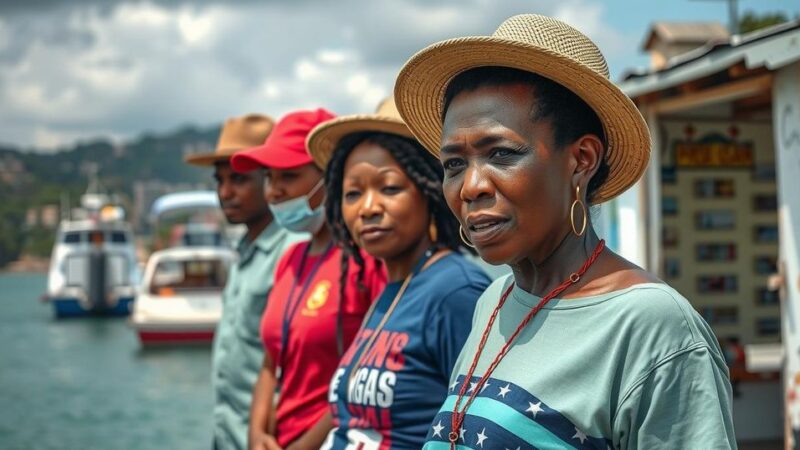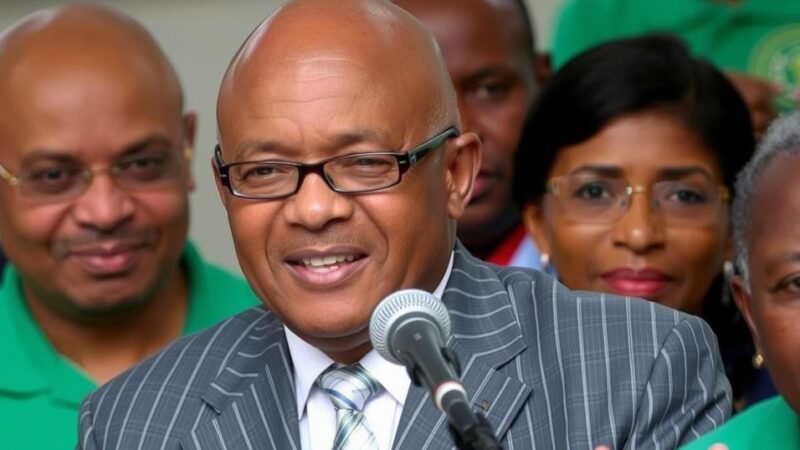Georgia’s parliamentary election represents a pivotal moment regarding its EU membership aspirations. The ruling Georgian Dream party faces opposition amid growing public calls for stability and democratic integrity. With approximately 80% of Georgians favoring EU integration, recent autocratic trends within the ruling party raise concerns about the future direction of the country, revealing a complex interplay between local desires and external influences.
Georgia is approaching a critical parliamentary election that carries significant implications for its European aspirations. As the country aims to secure a path toward EU membership, divisions have emerged between the ruling Georgian Dream party and opposition coalitions. Many citizens, particularly from the rural Javakheti region, emphasize the importance of local stability over distant EU ambitions, reflecting a broader sentiment in the nation. Polls indicate broad support for EU membership, yet recent legislative actions by the ruling party have drawn serious accusations of undermining democratic processes, raising concerns about the true motivations behind Georgia’s political trajectory. As the election approaches, a sense of urgency envelops the populace about the direction of their country, caught between the influences of Russia and the West.
Georgia’s historical struggle for independence from Russian dominion has shaped its current political landscape. Since gaining independence following the Soviet collapse in 1991, Georgia has oscillated between aspirations for democratic governance and encroachments from Russia. The current ruling party, Georgian Dream, which has governed since 2012, initially promised to enhance civil rights and pursue EU integration. However, its recent actions, including the controversial foreign influence law, have led to domestic and international critique, jeopardizing its relationship with Western allies while causing internal strife as citizens grapple with the implications of their political choices on national identity and integrity.
The approaching election embodies a critical juncture for Georgia, encapsulating the tension between local needs for stability and broader aspirations for integration into the European community. As multiple voices within the nation express both hope and apprehension about their future, the results of this election could determine Georgia’s political alignment and its responses to external geopolitical pressures. The choice made by the electorate will reflect not only a longing for local security and prosperity but also an inclination towards Western values and governance.
Original Source: apnews.com







